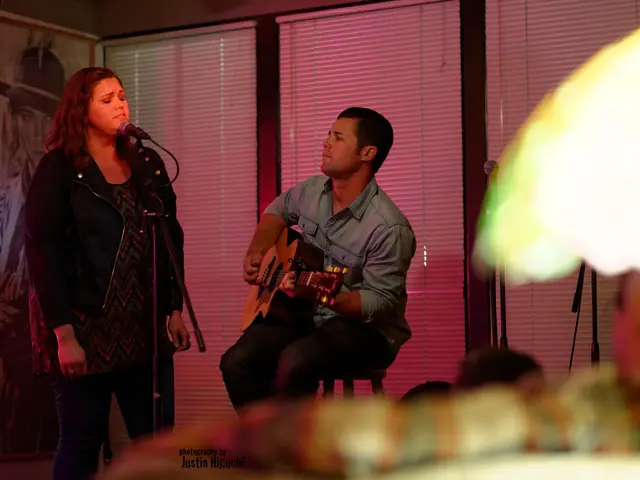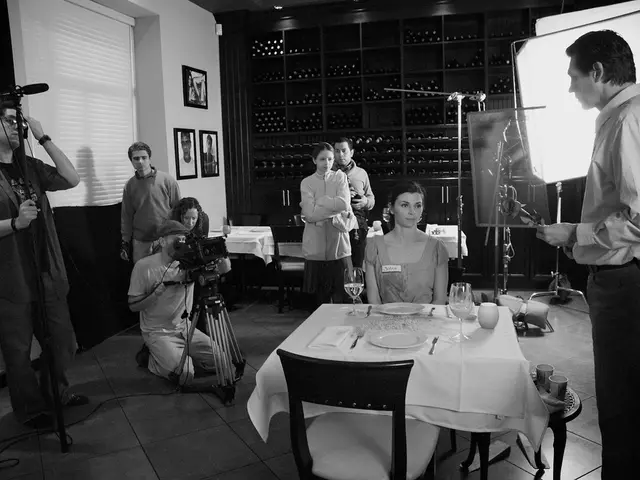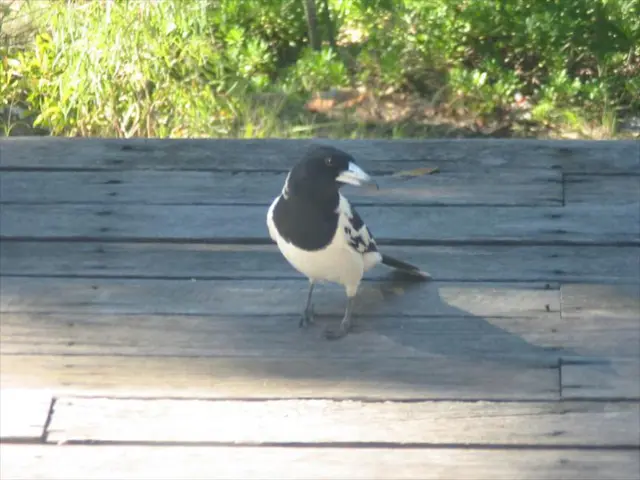Expressive Verses Defying Authority
"Ain't just France openin' up, it's us who've slammed our literature hard," says Hélène Dorion, recently joining the prestigious Gallimard Poetry collection club. Following her in 2022, Denise Desautels publishes Elle, Ulysse, a feminist take on the Greek myth. We sat down with these two literary powerhouses and lifelong friends for a captivating conversation on the impact of poetry.
Dominic Tardif, our website ## Denise, you've said in your new book about "this double-edged sword - aging / while Gaza and others drown / as a sinking world watches on." Fair question, but what power does poetry really have in the face of such disasters?
Denise Desautels : There's a broken, inconsolable child inside me, and I'm not alone in feeling this way.She's made me hyper-sensitive to universal pain.
Of course, I could break down in tears right now, but I don't want this child to stay in her sorrow. I want her to gaze upon the world and touch it, heal it. For me, putting words to it comes from the desire to make a better world, even if it's a tad utopian.
Hélène Dorion : I believe poetry is an act of rebellion, not just against oppression and war, but against anything that tries to turn us into cold, calculating economic beings. It allows beauty to invade us, making room for something else. Poetry reminds us that reality isn't a narrow, bricked-up corridor, but a complex series of possibilities.
D.D. : Every time I hear it, I feel Hélène's emphasis on beauty. But for me, beauty isn't handed to us. I have to tease it out, catch it and write it.
H.D. : Beauty, joy, they're always a quest. And it's by embracing shadows that we can get closer to them.
Some poets would shy away from a word like love, which can seem clichéd. Yet, you keep centering it in your works, Hélène.
H.D. : Poetry is a way of revisiting the familiar and venturing towards the unknown. The poem lets us move before words we think we know, before realities we sometimes feel like we've exhausted, but which are far from it.
It's like we never finish with these words, and the world we inhabit, which yearns for love, proves it well. There might be nothing riskier than penning a book of poems about love.
D.D. : I prefer the word tenderness, but friendship and love hold special significance for me. Recently, I read Marie-Claire Bancquart, and she says, paraphrasing: "I have an immense hunger for more."
Maybe that's why I always feel like I'm missing something. There's a "more" that I crave. Yes, I've been fortunate in friendship, romance, and art, but why this continuous hunger? Maybe because a "more" would benefit everyone on Earth.
The world often seems on the brink of shipwreck, according to Marie-Claire Bancquart. I refuse this fate as well, Denise. But how can we keep the planet from sinking?
The word solitude often wanders through all your works. Denise, I quote your new book: "Writing lifts me out of my solitude. Writing does not lift me out of my solitude."
D.D: : If I work so closely with visual artists, if I quote fellow poets so frequently, it's because I need companionship in the darkness I try to unearth and comprehend. Writing poetry allows me to experience solitude fully but also to create connections. It seems contradictory, but it's like two sides of the same coin.
H.D. : The first encounter we have is with ourselves, and it's through solitude that we have it. Solitude is the invitation to connection. It's the threshold of connection, in fact.
Hélène, you've said: "We walk towards fleeting truths..." Are these fleeting truths the sustenance offered by poetry?
H.D.: : Yes, it's what we grasp but can't keep, what eludes us. I don't differentiate my inner journey, a way of learning about life, from my writing journey. Because writing helps me learn what I don't yet know, what I'm seeking.
D.D: : To write poetry, one must be consumed by doubt. Poetry is dwelling in uncertainty, because nothing is locked in place, nothing is final.
H.D. : It's also embracing our vulnerability. I'm positive that in these doubts, these uncertainties, these tremors, we feel more alive than in the certainty of everything.
It's this part we can bring into art's resistance: keeping hold of vulnerability, of its doubts, of what makes us beings capable of being amazed by beauty, love, connection. Poetry holds onto all these aspects of humanity and humanism.
- Hélène Dorion believes poetry is an act of rebellion, not just against oppression and war, but against anything that tries to turn people into cold, calculating economic beings.
- Denise Desautels prefers the word tenderness, but friendship and love hold special significance for her, as she always feels like she's missing something, a "more" that she craves.
- In her poetry, Denise Desautels often explores the paradox of solitude, suggesting that it provides a means for connection and understanding, despite its isolating nature.
- For Hélène Dorion, one of the key elements of poetry is the pursuit of fleeting truths, which she sees as offering sustenance and helping her navigate her inner journey and learn about life.








